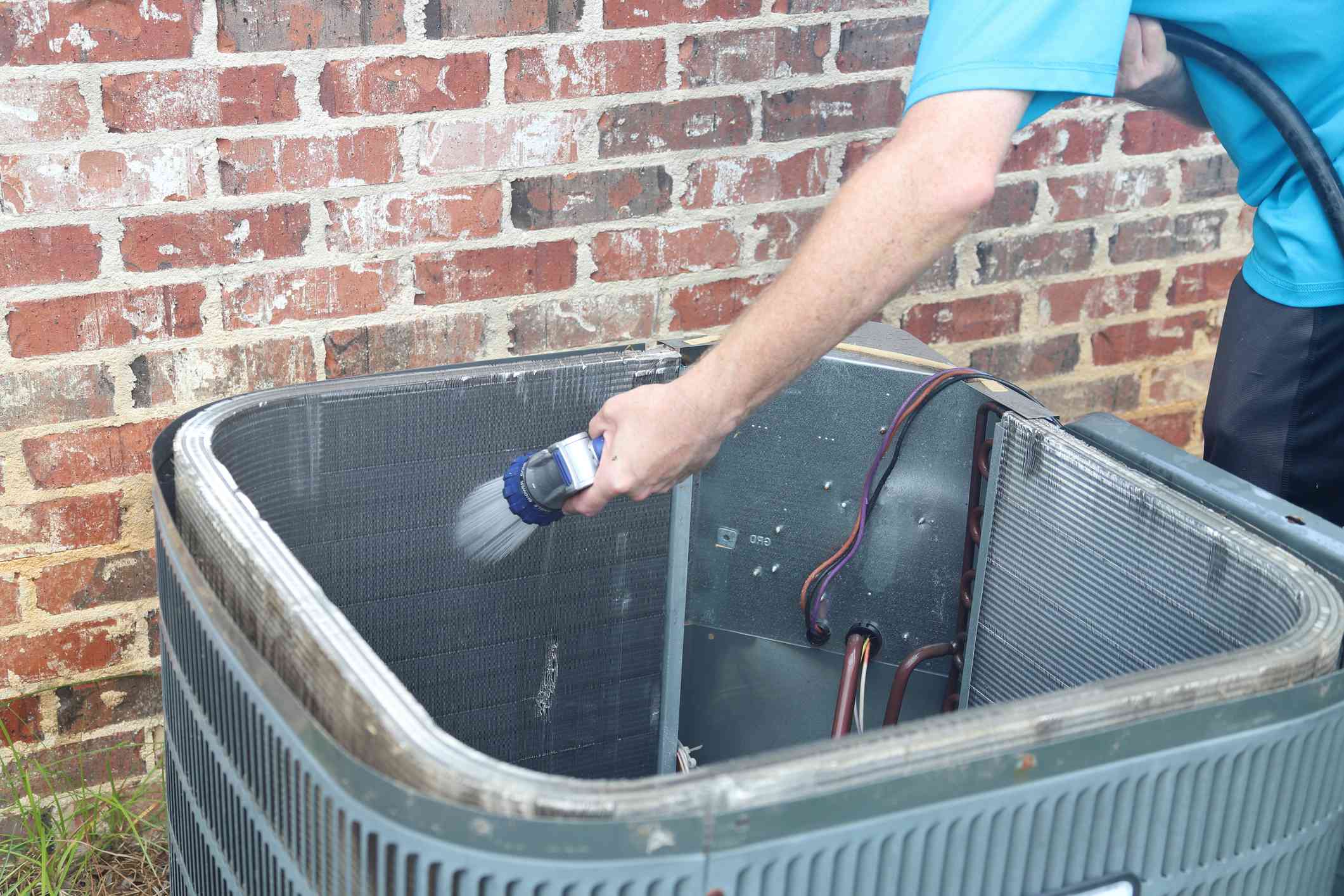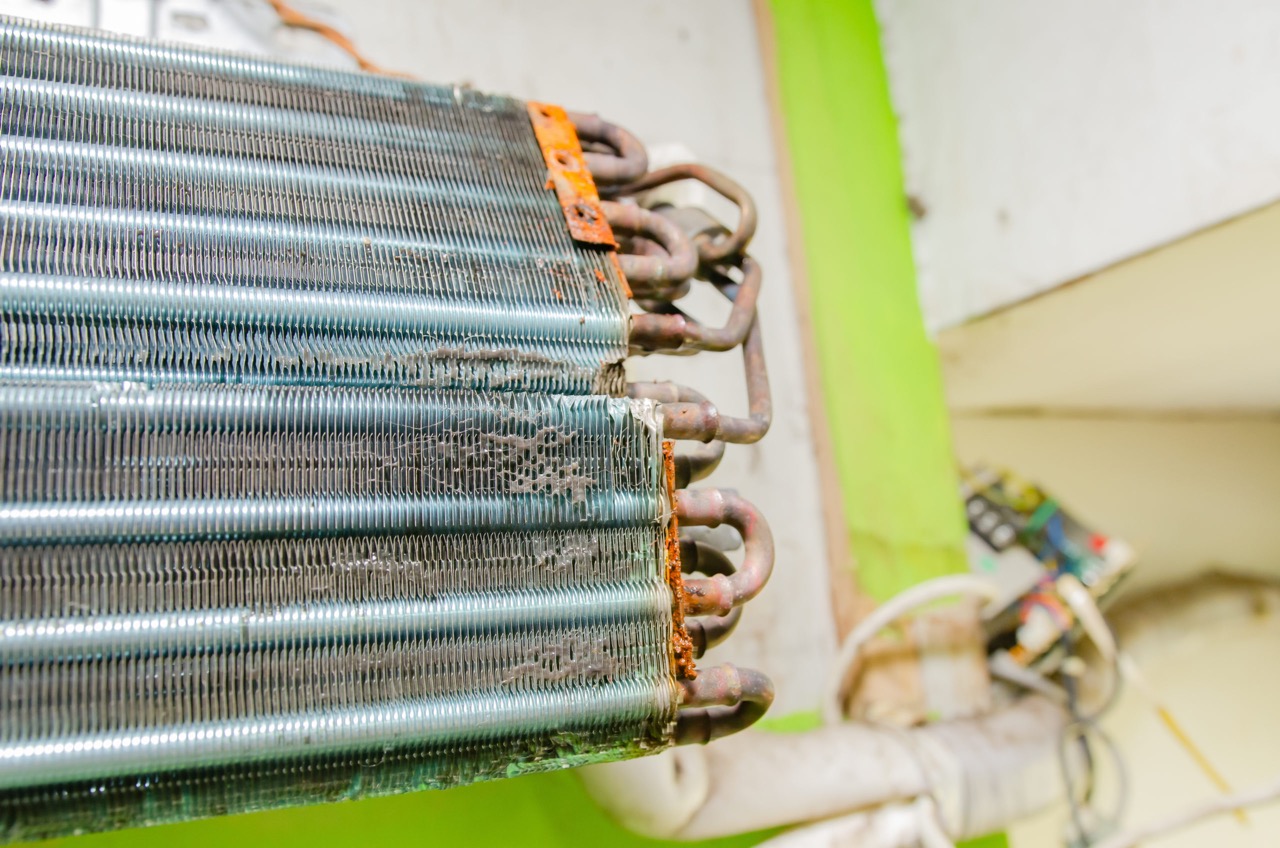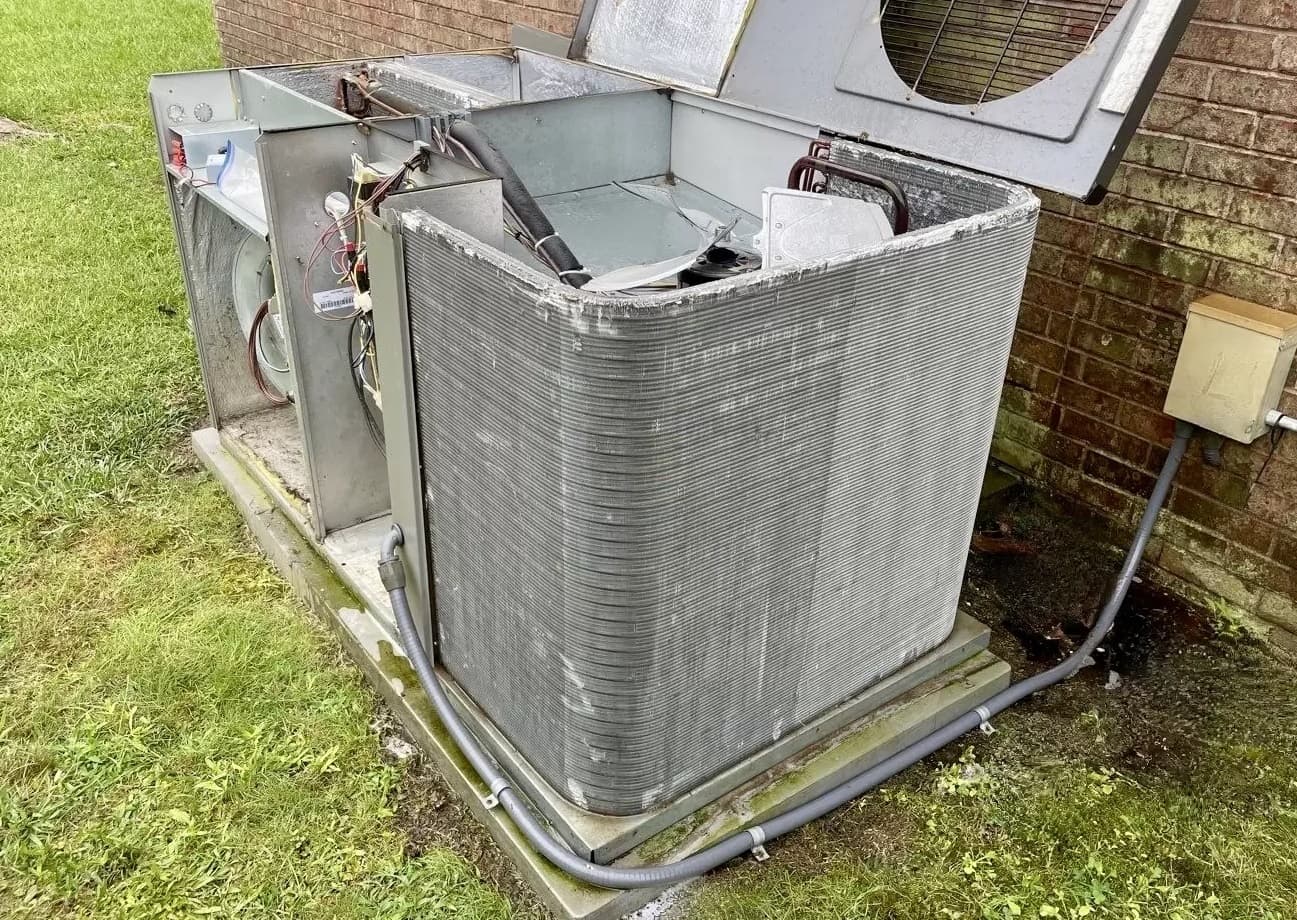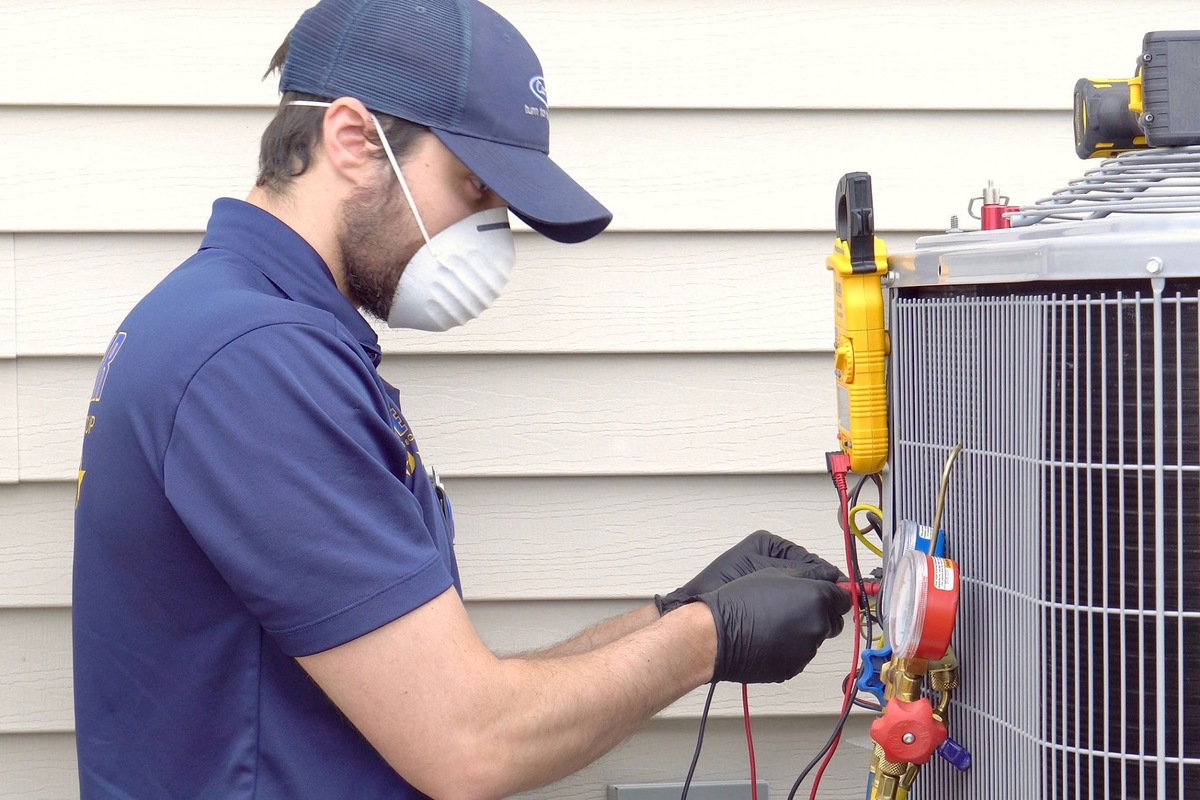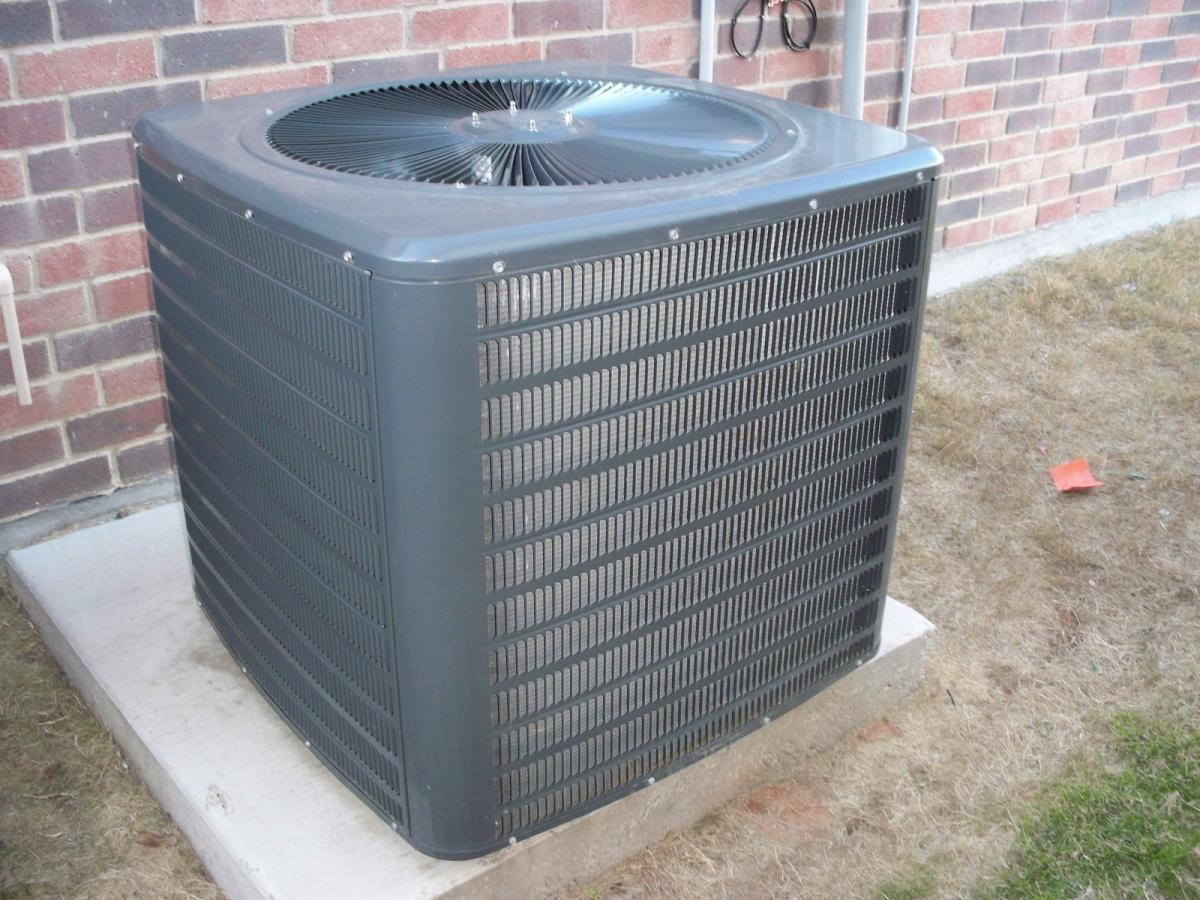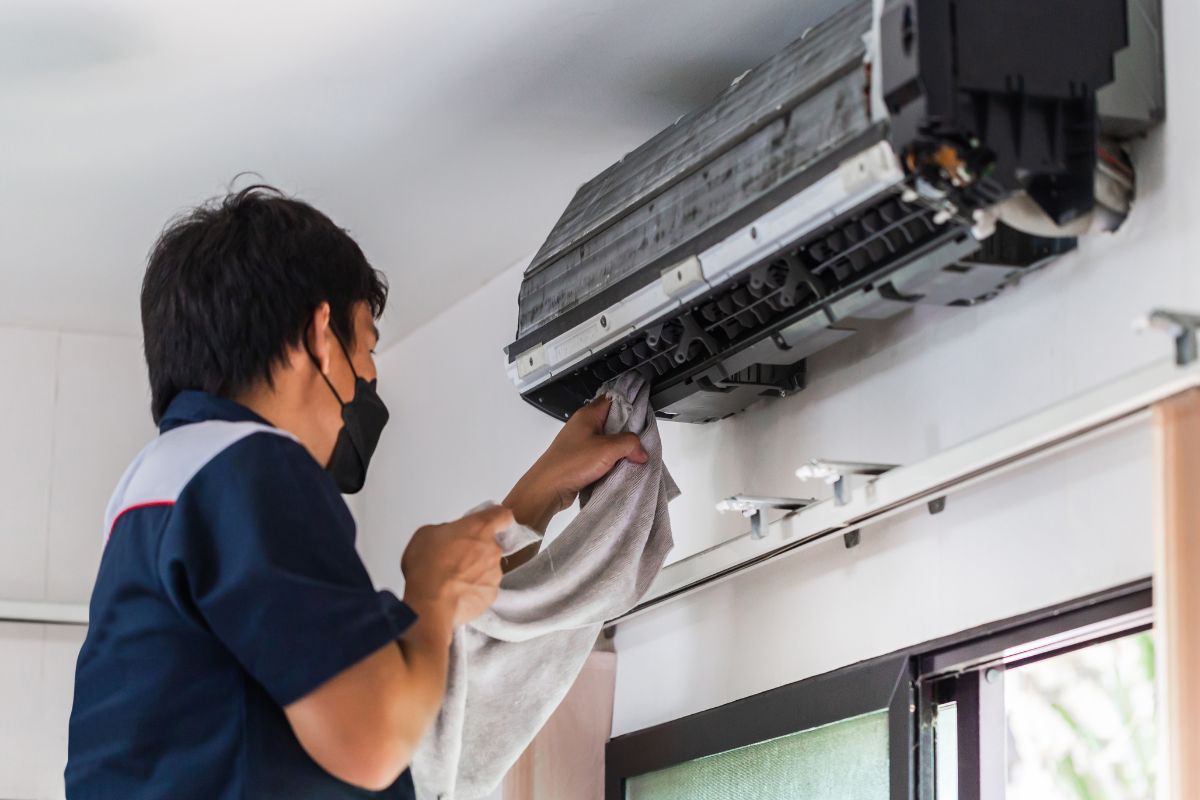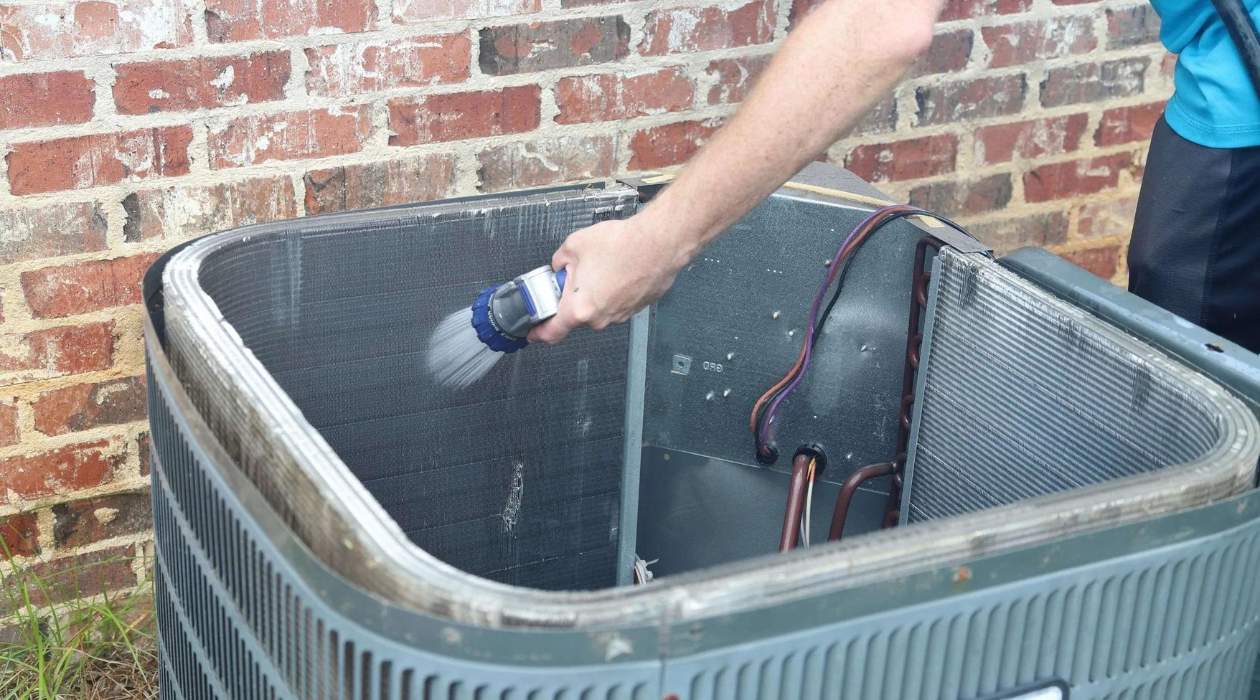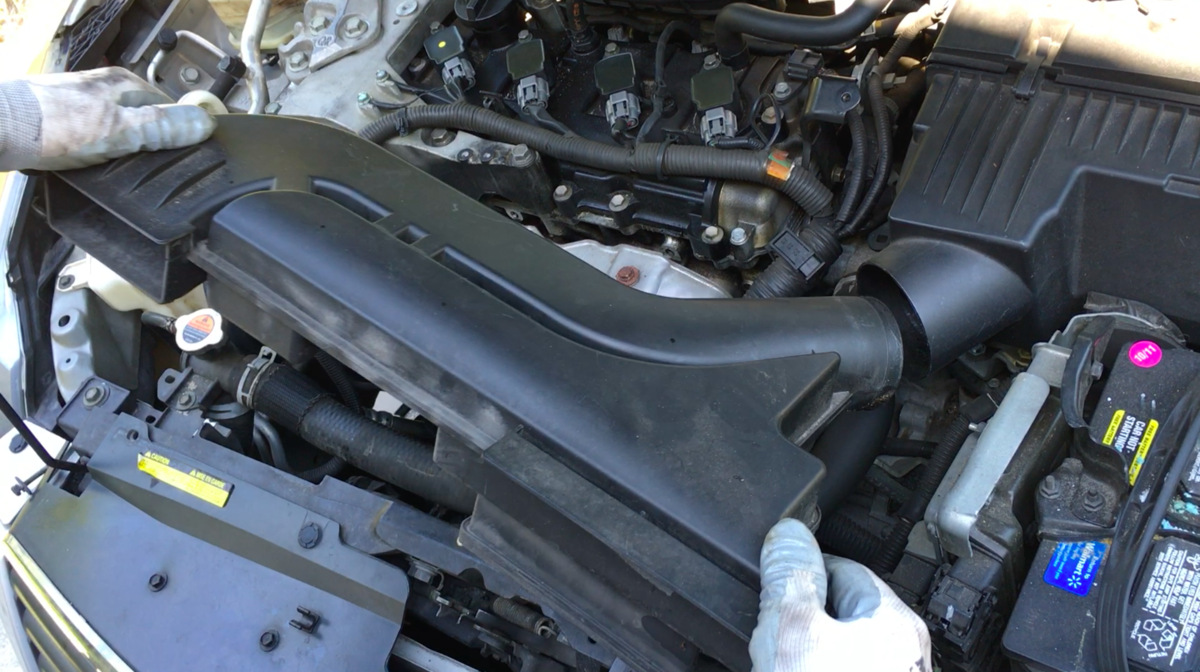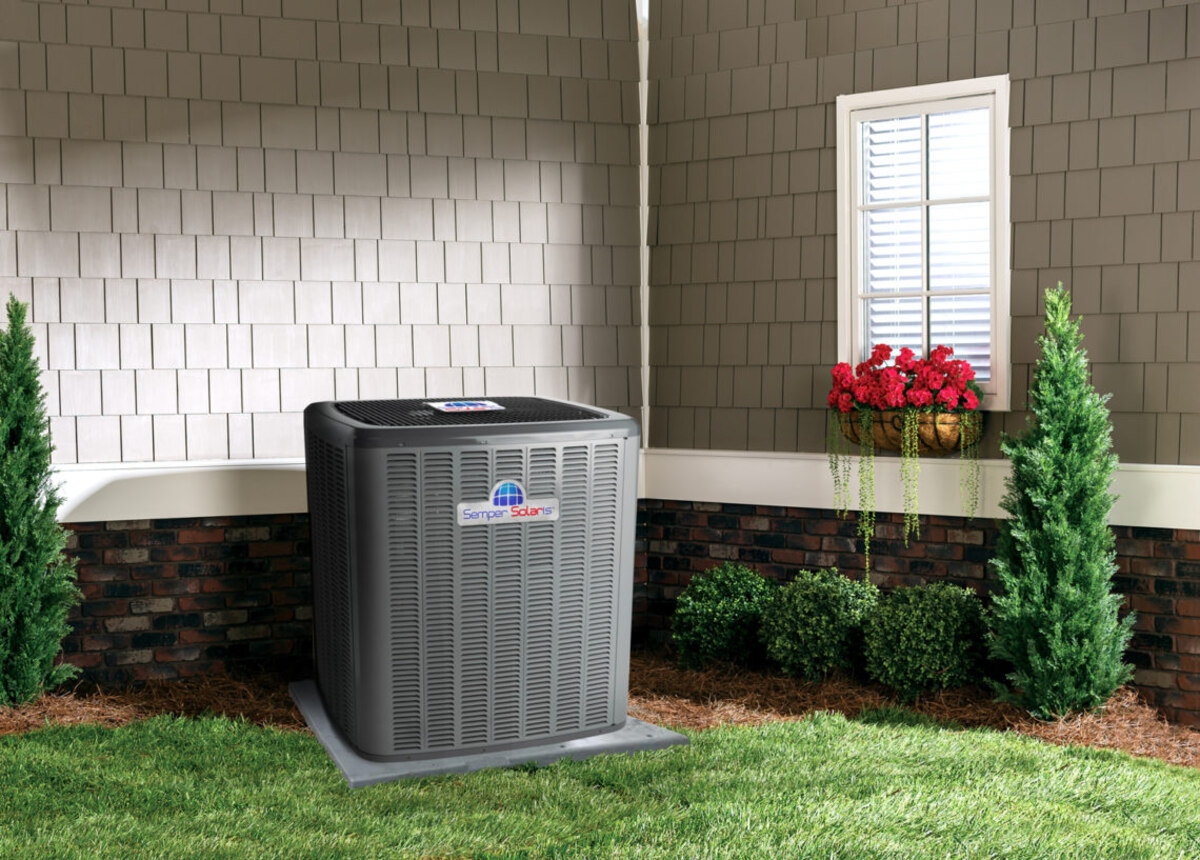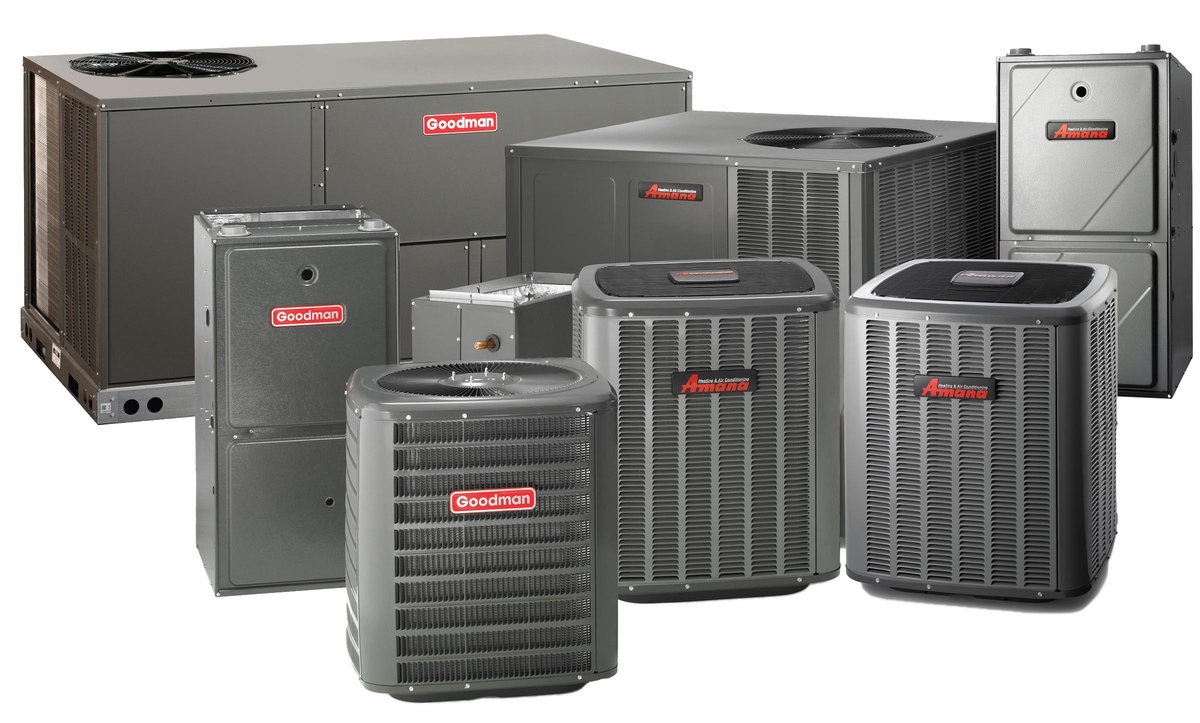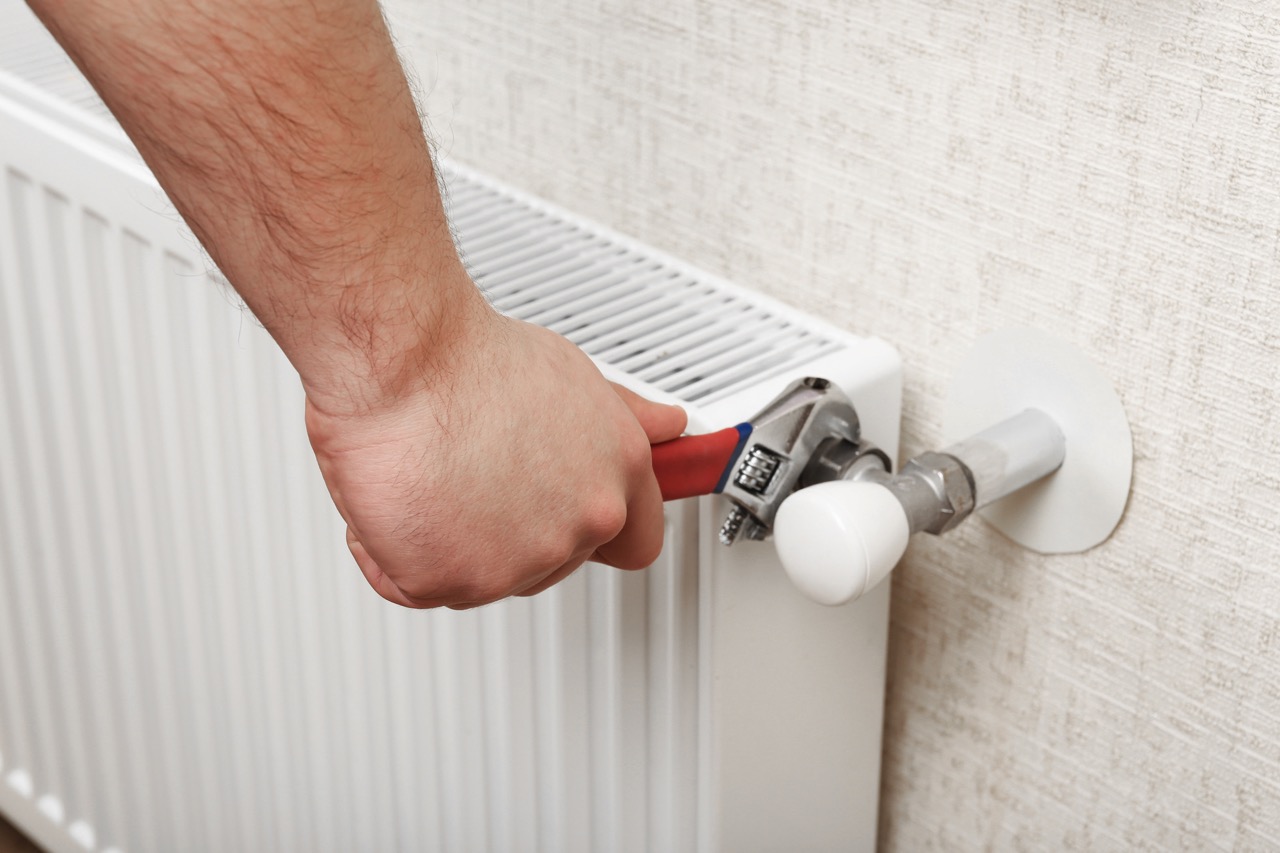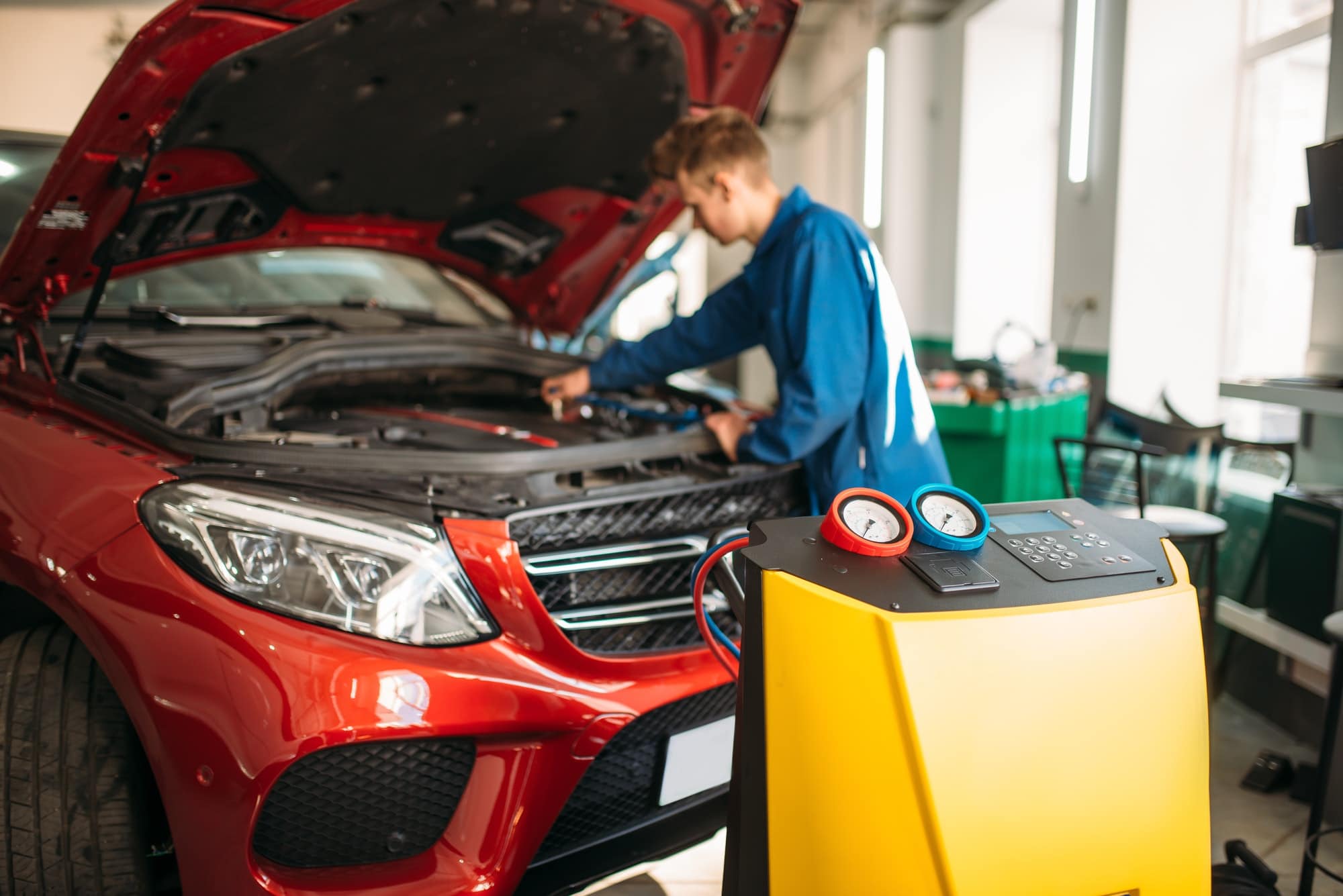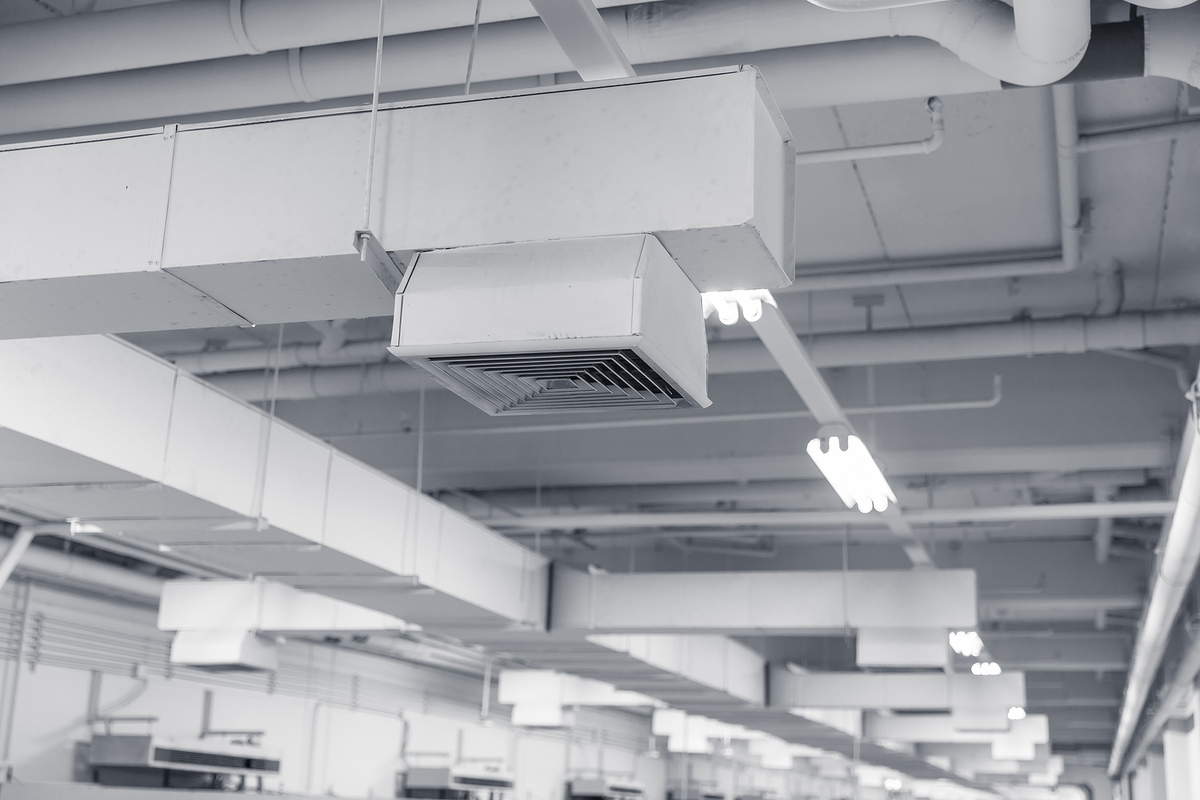Home>Home Maintenance>How Much To Replace A Coil On An Air Conditioning System
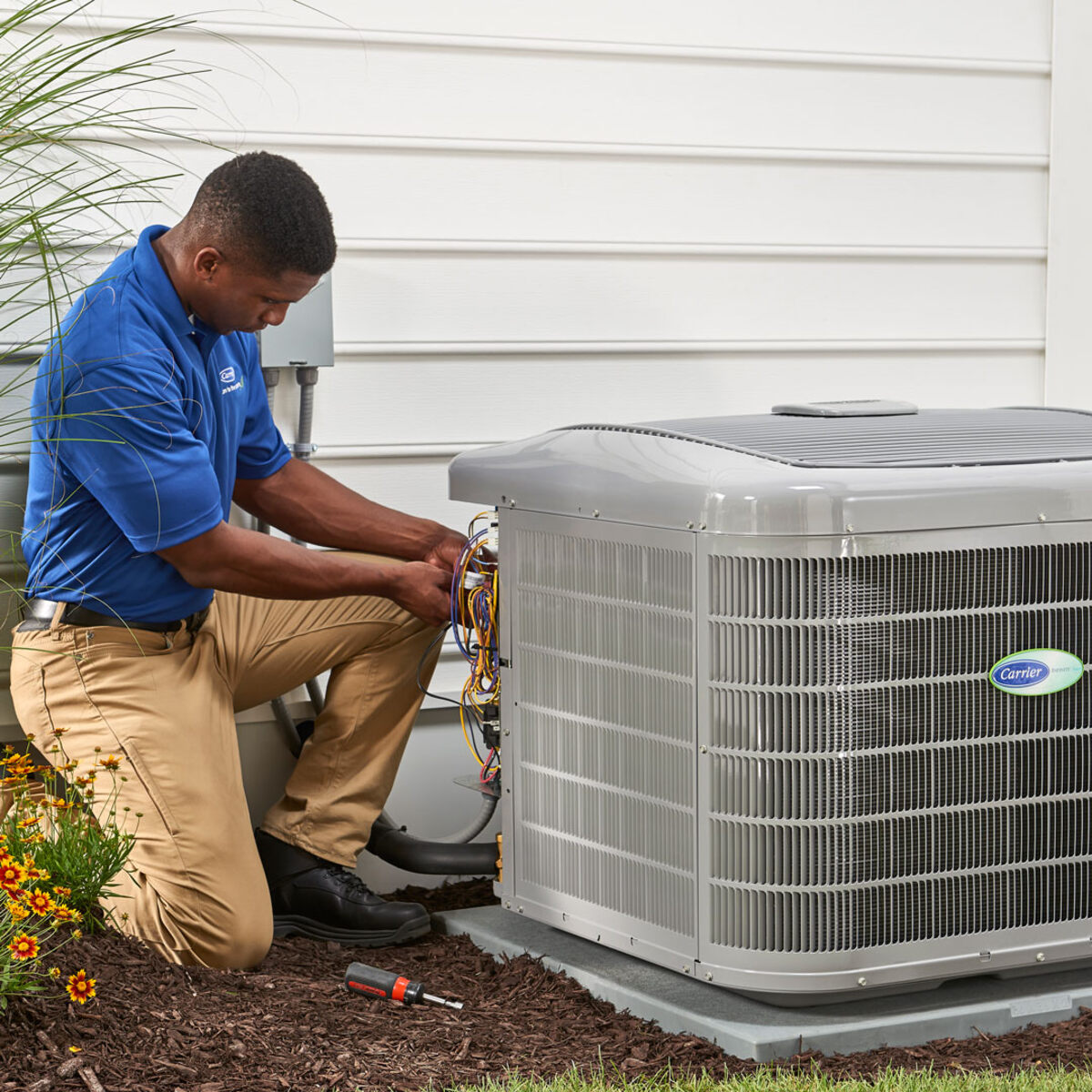

Home Maintenance
How Much To Replace A Coil On An Air Conditioning System
Modified: March 6, 2024
Find out the cost of replacing a coil on your air conditioning system with our comprehensive guide to home maintenance. Ensure your HVAC remains efficient and comfortable.
(Many of the links in this article redirect to a specific reviewed product. Your purchase of these products through affiliate links helps to generate commission for Storables.com, at no extra cost. Learn more)
Introduction
Welcome to our comprehensive guide on the cost and process of replacing a coil in an air conditioning system. Your air conditioning system relies on a variety of components to ensure optimal performance, and the coil is one of the most critical ones. Over time, due to wear and tear or other factors, the coil may need to be replaced to maintain the efficiency and functionality of your AC unit.
In this article, we will delve into the role of a coil in an air conditioning system, explore the signs that indicate it may need replacement, discuss the factors that can impact the cost of replacement, and weigh the pros and cons of DIY versus professional coil replacement. Additionally, we will provide useful tips for selecting a reliable HVAC contractor for the job.
Whether you’re a homeowner looking to understand the expenses involved in coil replacement or a DIY enthusiast considering taking on the task yourself, this guide will provide valuable insights to help you make informed decisions.
Key Takeaways:
- Don’t ignore the signs! Reduced cooling, ice buildup, and increased energy bills could mean it’s time to replace your air conditioning system’s coil for optimal performance and comfort.
- DIY or professional? Consider your expertise, safety, and budget when deciding between tackling coil replacement yourself or hiring a reliable HVAC technician for efficient and warranty-protected service.
Understanding the Role of a Coil in an Air Conditioning System
Before delving into the details of coil replacement, it is essential to grasp the fundamental role that a coil plays in an air conditioning system. The coil, also known as an evaporator coil or indoor coil, is a vital component responsible for the cooling process.
The coil is typically located inside the house, near the air handler unit or furnace, and is connected to the outdoor condenser unit through refrigerant lines. It consists of a series of refrigerant-filled tubes that are surrounded by thin aluminum fins.
When your air conditioning system is functioning, the compressor in the outdoor unit pressurizes the refrigerant, turning it into a high-pressure gas. This high-pressure gas then flows into the indoor coil. As the hot air from your home passes over the coil, the refrigerant absorbs the heat and cools down, effectively removing the heat from the air.
Once the refrigerant absorbs the heat, it transforms into a low-pressure gas and travels back to the outdoor unit, where it gets compressed and releases the heat. This continuous cycle allows your AC system to cool the air inside your home and maintain a comfortable indoor temperature.
Without a properly functioning coil, your air conditioning system cannot effectively cool your home, resulting in reduced comfort and energy efficiency. Over time, factors such as dirt, debris, and normal wear and tear can affect the coil’s performance, leading to a decline in cooling capability.
It is important to note that there are two types of coils in an air conditioning system: the evaporator coil and the condenser coil. While the evaporator coil is responsible for cooling the air, the condenser coil, located in the outdoor unit, releases the absorbed heat into the external environment.
Now that you have a solid understanding of the role of a coil in an air conditioning system, let’s explore the signs that indicate your coil may need replacement.
Signs That Your Coil Needs to be Replaced
As a crucial component of your air conditioning system, a coil that is not functioning properly can lead to a host of issues. While routine maintenance and cleaning can help extend the lifespan of the coil, there are certain signs that may indicate it is time for a replacement. Recognizing these signs early can prevent further damage to your AC system and ensure optimal cooling efficiency. Here are some indications that your coil may need to be replaced:
- Reduced Cooling Performance: If you notice that your air conditioner is no longer providing the same level of cooling that it used to, it could be a sign of a malfunctioning coil. Over time, dirt, debris, and even refrigerant leaks can hinder the coil’s ability to absorb heat effectively, resulting in decreased cooling performance.
- Persistent Icing: Another common indication of a faulty coil is the presence of ice buildup on the indoor coil. This can happen due to inadequate airflow or refrigerant issues. If you consistently notice ice on the coil, it is important to have it inspected by an HVAC professional to determine the cause and address it promptly.
- Increased Energy Bills: A malfunctioning coil can lead to reduced energy efficiency in your air conditioning system. If you notice a sudden increase in your energy bills without any other notable changes, it could be a sign that your coil is not operating efficiently and is consuming more energy than necessary.
- Frequent Breakdowns: If you find yourself frequently calling for repairs on your air conditioner, particularly related to its cooling performance, it could be an indication of a faulty coil. Over time, repeated issues may require the replacement of the coil rather than simply repairing it.
- Strange Noises: Unusual sounds coming from your air conditioning system, such as hissing, bubbling, or rattling noises, can be a sign of a refrigerant leak or another coil-related issue. It is essential to address these sounds promptly, as they could lead to further damage if left unattended.
If you observe any of these signs, it is advisable to contact a professional HVAC technician to inspect your air conditioning system and determine if coil replacement is necessary. Skipping or delaying the replacement can lead to further damage to your system and potentially higher repair costs. Remember, it is always better to address the issue sooner rather than later.
Now that we have discussed the signs that indicate a coil replacement is needed, let’s explore the factors that can affect the cost of coil replacement in an air conditioning system.
Factors That Affect the Cost of Coil Replacement
Understanding the factors that can impact the cost of replacing a coil in an air conditioning system is crucial for budgeting and making informed decisions. The total cost of coil replacement can vary significantly based on several key factors:
- Type of Coil: The type of coil in your air conditioning system plays a significant role in determining the cost of replacement. There are different types of coils available, including standard coils, high-efficiency coils, and variable speed coils. High-efficiency and variable speed coils tend to be more expensive than standard ones.
- Size and Capacity: The size and capacity of the coil needed for your specific air conditioning system will also influence the cost. Larger systems or those needing higher capacities will require larger and more expensive coils.
- Compatibility: Ensuring compatibility between the new coil and your existing air conditioning system is essential. If additional modifications or adjustments are needed to make the new coil compatible, it can add to the overall cost of replacement.
- Accessibility: The ease of access to the coil in your air conditioning system can impact the cost of replacement. If the coil is located in a hard-to-reach area or requires extensive disassembly, it may require more labor and potentially increase the cost.
- Additional Repairs: During the inspection of your air conditioning system, the HVAC technician may identify other issues that need to be addressed along with coil replacement. These additional repairs can increase the overall cost of the service.
- Contractor’s Pricing: The price charged by HVAC contractors for coil replacement can vary. Factors such as the contractor’s experience, reputation, and location can influence the pricing. It is advisable to obtain multiple quotes from trusted contractors to ensure a fair price.
It is important to note that the cost of coil replacement can vary depending on these factors. To get an accurate estimate, it is recommended to contact reputable HVAC contractors who can assess your specific requirements and provide a detailed breakdown of the costs involved.
Now that we have explored the factors that can affect the cost of coil replacement, let’s move on to discussing the average cost of replacing a coil in an air conditioning system.
Average Cost of Replacing a Coil on an Air Conditioning System
The cost of replacing a coil in an air conditioning system can vary depending on various factors, as we discussed earlier. On average, homeowners can expect to pay between $1,500 and $3,500 for coil replacement.
The cost includes the price of the new coil itself, labor costs, and any additional repairs or modifications needed for proper installation. However, it is essential to note that this is an estimated average cost and the actual price may differ based on the specific requirements of your system.
Factors such as the type of coil, the size and capacity needed, and the complexity of the installation can influence the final cost. Additionally, regional variations in labor and material costs can also impact the overall price.
It is highly recommended to obtain quotes from multiple HVAC contractors to ensure you get the best price and service for your coil replacement. The quotes should detail the cost breakdown and provide clarity on what is included in the service.
Keep in mind that while cost is an important factor, it is equally important to prioritize quality and reliability. Choosing a reputable HVAC contractor with experience in coil replacement is vital to ensure the job is done correctly and to avoid future issues.
Next, let’s explore the pros and cons of DIY coil replacement versus hiring a professional.
Regular maintenance and cleaning of your air conditioning system can help prevent the need for coil replacement. This includes changing filters, keeping the outdoor unit clear of debris, and scheduling professional maintenance.
Read more: How Much To Replace AC Coil
DIY vs Professional Coil Replacement: Pros and Cons
When it comes to replacing a coil in your air conditioning system, you may be considering whether to tackle the job yourself or hire a professional HVAC technician. Let’s take a look at the pros and cons of both approaches to help you make an informed decision:
DIY Coil Replacement
Pros:
- Cost Savings: DIY coil replacement can potentially save you money on labor costs. However, it is important to consider your level of experience and the complexity of the task.
- Learning Experience: Taking on a DIY project allows you to gain knowledge and hands-on experience about your air conditioning system.
- Flexibility: With a DIY approach, you have the freedom to work at your own pace and schedule.
Cons:
- Limited Expertise: Unless you are an HVAC professional, you may not have the same level of knowledge and expertise required to ensure a proper installation.
- Increased Risk of Mistakes: DIY coil replacement carries a higher risk of errors, such as improper installation or damaging other components of the system.
- No Warranty Protection: If any issues arise after the DIY replacement, you may not have warranty protection for the new coil or any potential damage caused.
- Safety Concerns: Working with HVAC systems involves potentially hazardous tasks, such as handling refrigerants, making electrical connections, and working with heavy equipment. If you are not properly trained, it can pose safety risks.
Professional Coil Replacement
Pros:
- Expertise and Experience: HVAC professionals have the necessary knowledge and experience to ensure a proper and efficient coil replacement.
- Safety and Warranty: Hiring a professional allows you to have peace of mind knowing that the job is done safely and correctly. They also often provide warranties for their work and the new coil.
- Time and Efficiency: Professionals can complete the coil replacement quickly and efficiently, minimizing downtime and inconvenience.
Cons:
- Higher Cost: Hiring a professional HVAC technician for coil replacement incurs labor costs, which can be higher than the DIY approach.
- Dependence on External Assistance: Scheduling an appointment and relying on the availability of the HVAC technician can cause some delays.
Ultimately, the decision between DIY and professional coil replacement depends on your level of expertise, comfort with HVAC systems, and budget. If you have the necessary skills, tools, and confidence, DIY may be a viable option. However, for complex systems or lack of experience, it is strongly recommended to hire a professional for a safer and more reliable coil replacement.
Now, let’s move on to some tips for choosing a reliable HVAC contractor for your coil replacement needs.
Tips for Choosing a Reliable HVAC Contractor for Coil Replacement
When it comes to coil replacement or any HVAC service, choosing the right contractor is crucial to ensure a smooth and successful experience. Here are some essential tips to help you select a reliable HVAC contractor for your coil replacement needs:
- Research and Gather Recommendations: Start by researching local HVAC contractors in your area. Seek recommendations from friends, family, or neighbors who have recently had HVAC work done. Online reviews and testimonials can also provide insight into the reputation and quality of service provided by various contractors.
- Check Licensing and Insurance: Verify that the HVAC contractor is properly licensed and insured. A licensed contractor ensures compliance with local regulations and demonstrates their professionalism. Insurance coverage protects you in case of any accidents or damages during the coil replacement process.
- Experience and Expertise: Look for contractors with extensive experience and expertise in coil replacement. It is beneficial to choose a contractor who specializes in HVAC services and has a track record of successful coil replacements.
- Obtain Multiple Quotes: Request quotes from at least three different HVAC contractors. Evaluate the quotes thoroughly and compare the details, including the scope of work, pricing breakdown, warranties, and any additional services or repairs included. Be cautious of unusually low or high prices and ensure that the quotes are comprehensive.
- Ask for References: Request references from the HVAC contractors you are considering. Contact these references to inquire about the quality of service, professionalism, and customer satisfaction they experienced during their coil replacement or other HVAC services.
- Ask About Warranty: Inquire about the warranty offered by the contractor for both the new coil and their workmanship. A reputable contractor stands behind their work and provides warranties that protect you from potential issues in the future.
- Consider Energy Efficiency: If energy efficiency is a priority for you, discuss it with the contractor. Inquire about high-efficiency coil options and their potential benefits in terms of energy savings and long-term cost-effectiveness.
- Communication and Professionalism: Pay attention to the contractor’s communication skills, responsiveness, and professionalism in your interactions. A reliable contractor should be attentive, courteous, and transparent throughout the process.
- Check for Certifications and Affiliations: Look for HVAC contractors who have certifications from reputable organizations, such as NATE (North American Technician Excellence), which demonstrates their training and expertise in the field.
By following these tips, you can narrow down your choices and select a reliable HVAC contractor for your coil replacement needs. Remember to trust your instincts and choose a contractor who not only meets your technical requirements but also makes you feel comfortable and confident in their abilities.
Before we conclude, let’s summarize the key points discussed in this article.
Conclusion
Replacing a coil in an air conditioning system is an important maintenance task that ensures optimal cooling performance and energy efficiency. Understanding the role of the coil and recognizing signs that indicate it needs replacement is key to timely intervention.
Factors such as the type of coil, size and capacity, accessibility, and additional repairs can affect the cost of coil replacement. It is advisable to obtain quotes from reputable HVAC contractors to accurately assess the expenses involved.
When deciding between DIY and professional coil replacement, consider your expertise, safety concerns, and the complexity of the task. While DIY may save on labor costs, hiring a professional ensures expertise, warranty protection, and avoids potential mistakes.
When selecting an HVAC contractor, conduct thorough research, check licenses and insurance, and gather recommendations. Obtain multiple quotes, ask for references, inquire about warranties, and gauge their professionalism and communication skills.
Taking these steps will help you find a reliable HVAC contractor who can efficiently replace the coil in your air conditioning system, ensuring optimal performance and comfort in your home.
We hope this comprehensive guide has provided you with valuable insights into the cost, process, and considerations of coil replacement. By making informed decisions and maintaining your air conditioning system properly, you can enjoy a comfortable and efficient home environment for years to come.
Frequently Asked Questions about How Much To Replace A Coil On An Air Conditioning System
Was this page helpful?
At Storables.com, we guarantee accurate and reliable information. Our content, validated by Expert Board Contributors, is crafted following stringent Editorial Policies. We're committed to providing you with well-researched, expert-backed insights for all your informational needs.
